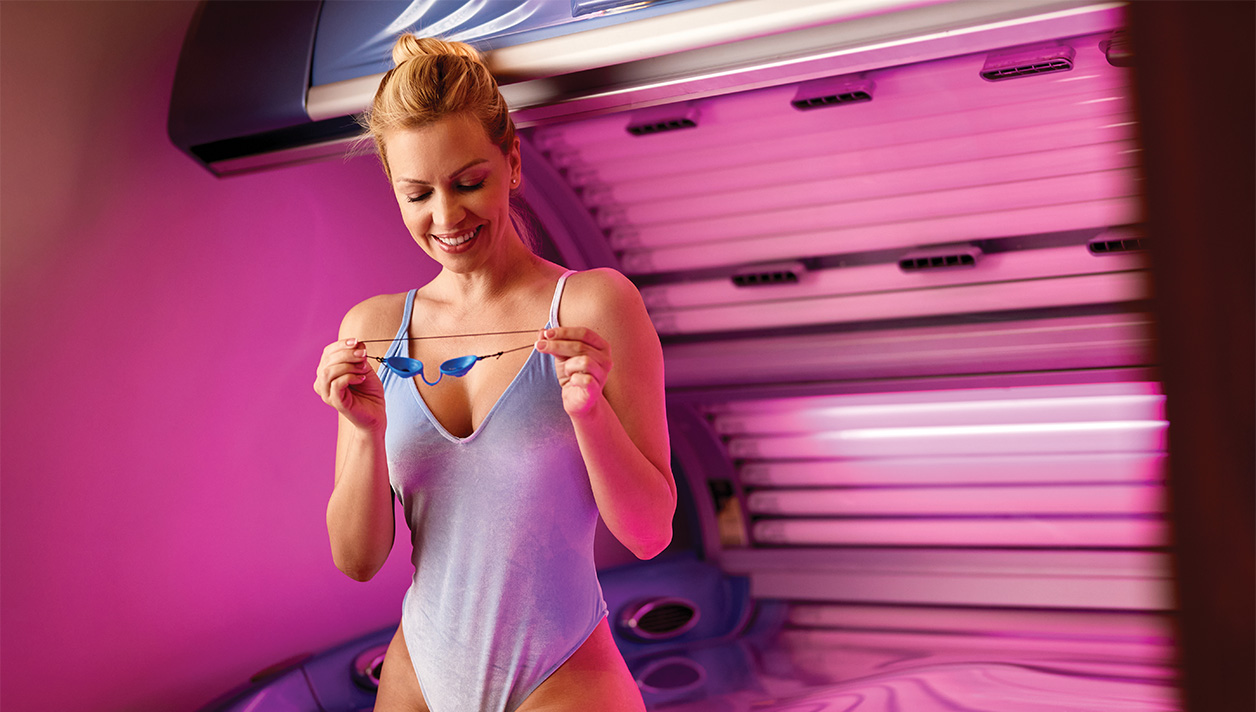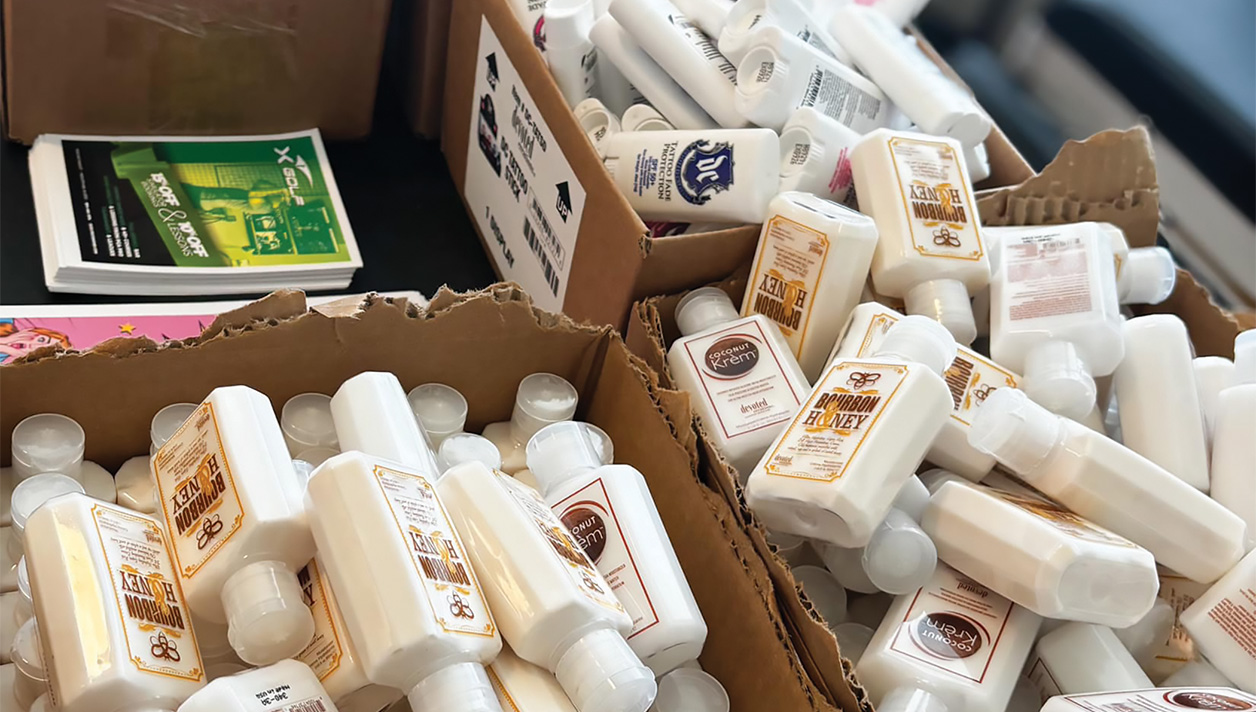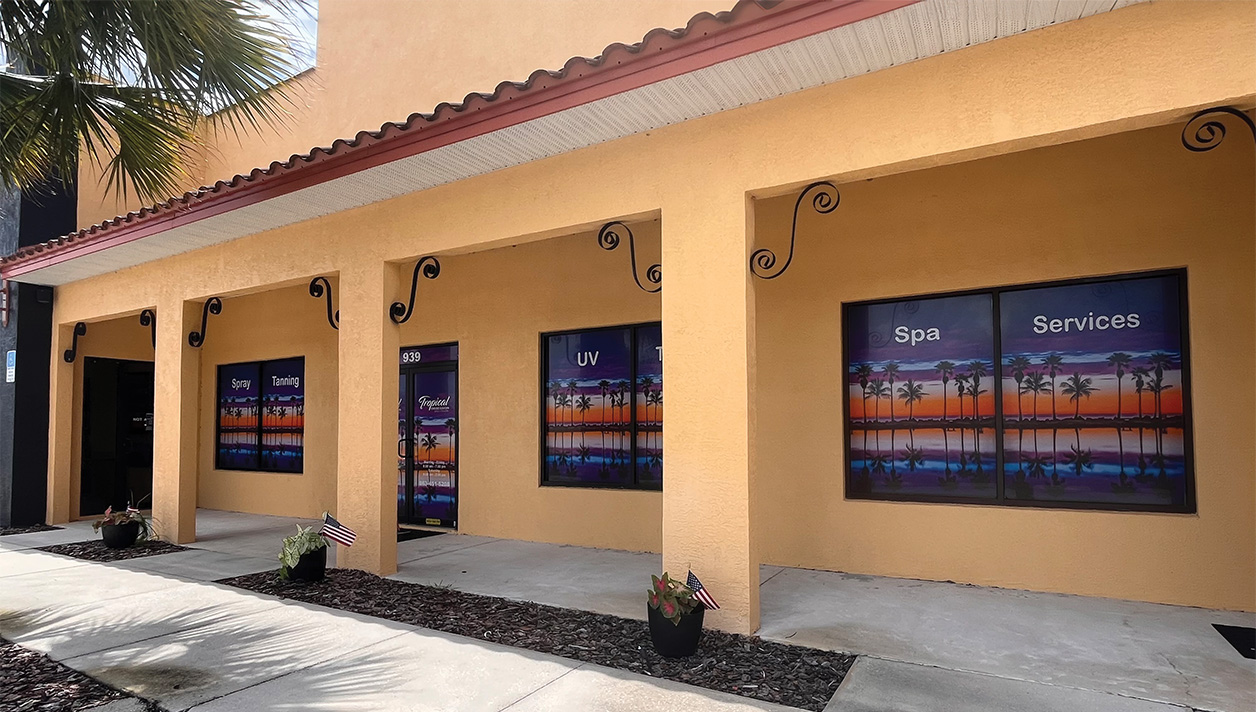Acne and adolescence go hand in hand. But researchers say the skin lesions might become a torment of the past if preliminary tests of an experimental vaccine pan out.
[gap height=”15″]
So far, the vaccine has only been tried on animals and human skin samples. It uses antibodies to target a toxin secreted by the bacteria responsible for acne, explained study author Chun-Ming Huang. He’s a professor of dermatology at the University of California, San Diego. Potentially, such a vaccine could help the 85 percent of U.S. teens and more than 40 million American adults suffering with the lesions, scars and emotional stigma of acne, he added.
[gap height=”15″]
Huang said his team is “actively seeking a company to work with us to conduct a clinical trial.” According to Huang, “The efficacy of this vaccine has been validated in human acne biopsies. It works to reduce inflammation in acne lesions.” If the results of clinical trials are positive, it’s possible the vaccine could be available “within three to five years,” he said.
[gap height=”15″]
Acne “afflicts 650 million people – almost one in ten – and is the eighth most common disease worldwide,” Huang noted. Current treatments – such as skin creams, antibiotics or systemic retinoids – often provoke unpleasant side effects, such as extreme skin dryness and irritation, according to background notes with the study. For many skin-pocked teenagers and adults, the frustration and shame of uncontrolled acne has been linked to a higher risk for clinical depression and suicide or suicidal thoughts.
[gap height=”15″]
The proposed acne vaccine focuses on acne-causing bacteria that is common on human skin, the study authors explained. This bacteria – known as P. acnes – releases a toxin known as CAMP. In theory, the vaccine works by generating antibodies that eliminate this toxin. “Once the toxin is neutralized, inflammation in the acne lesion will be suppressed,” Huang said.
[gap height=”15″]Testing with mice and human skin samples showed that the vaccine “significantly diminishes” both P. acnes “colonization” and inflammation. Whether such success can be replicated by direct administration to people remains to be seen, however. Nevertheless, Huang suggested that acne vaccines that are “bacteria-specific” should mean side effects would be minimal.
[gap height=”15″]
Emmanuel Contassot is a dermatology faculty member at the University of Zurich, in Switzerland, and author of an editorial accompanying the study. “Vaccination is a very promising approach” to acne intervention, he said. “Current treatments consist of antibiotics or retinoids, both being non-specific and associated with side effects,” Contassot said. “Targeting P. acnes with a vaccine would be more specific and less toxic than chemical therapies.”
[gap height=”15″]
Still, Contassot pointed out that it’s important to understand that P. acnes comes in various strains, some good, some bad. “The good ones participate actively in skin barrier integrity, notably by preventing [harmful] bacteria to proliferate. The bad ones are involved in acne,” he explained.
[gap height=”15″]
Any effective and safe vaccine must target the bad bacteria while preserving the good ones, he stressed. In fact, “targeting the wrong antigen might worsen patients’ condition by disturbing skin integrity,” Contassot added. On that front, Contassot said Huang and his colleagues appear to be on the right track. But he thinks further research is needed prior to clinical studies.
[gap height=”15″]
The new findings were published online Aug. 29 in the Journal of Investigative Dermatology.
[gap height=”15″][gap height=”15″]
























